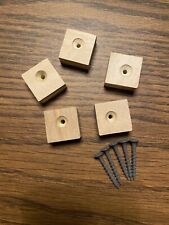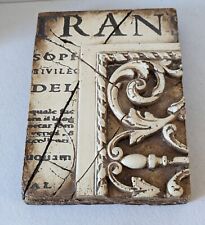
Everyone has experienced the frustration of entering a room and forgetting what we were planning to do in there. The reason, says University of Notre Dame psychology professor Gabriel Radvansky, is that entering or exiting household doorways serves to create “event boundaries” in the mind.
Radvansky conducted three experiments – in both real and virtual environments – where the subjects performed memory tasks while crossing a room and while exiting a doorway. The findings have been published in theQuarterly Journal of Experimental Psychology .
In the first experiment, subjects in a virtual environment either moved objects from one room to another or while simply moving across a room but not crossing through a doorway.
Radvansky said that the subjects forgot more after walking through a doorway compared to moving the same distance across a room, suggesting that the doorway or “event boundary” impedes one’s ability to retrieve thoughts or decisions made in a different room.
The second experiment (in the real-world) required subjects to conceal in boxes objects chosen from a table and move either across a room or travel the same distance and walk through a doorway. The results in the real-world environment replicated those in the virtual world: walking through a doorway diminished subjects’ memories.
The results showed no improvements in memory, suggesting that it is the act of passing through a doorway that creates a boundary marker in the mind. “Entering or exiting through a doorway serves as an ‘event boundary’ in the mind, which separates episodes of activity and files them away,” Radvansky explained. “Recalling the decision or activity that was made in a different room is difficult because it has been compartmentalized.”
Related:
Discuss this article in our forum
Birth control shots linked to memory loss
Nicotine Improves Memory And Helps Brain Repair Itself
Selective memory erasure achieved
We Can Forget It For You Wholesale


















Comments are closed.